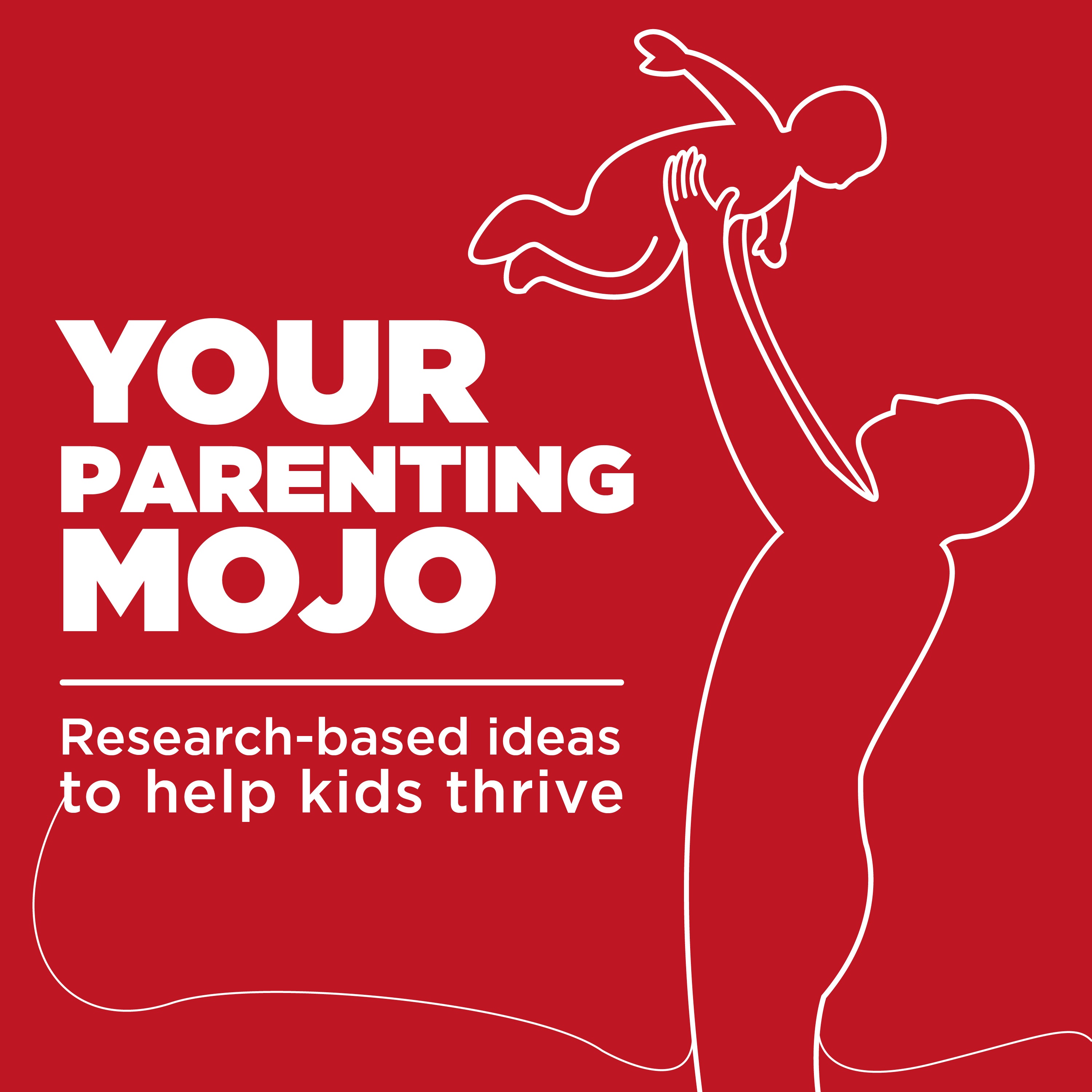170: How to stop procrastinating with Dr. Fuschia Sirois

Our culture says that people procrastinate because they're disorganized and lazy. After all, how hard can it really be to do a task you've committed to doing, and one that you even know will benefit you?!\n\n \n\nBut I learned through this episode that procrastination isn't about disorganization or laziness at all - it's much more about managing how we feel about tasks - and we can learn how to do this more effectively.\n\n \n\nThose of us who don't struggle with procrastination can also do quite a bit to support the folks who do, to make it easier for them to get stuck in and be successful at the task.\n\n \n\nLearn more about navigating your own procrastination and supporting your child in doing this as they get old enough for it to become relevant to them in this episode.\n\n \n\nFuschia Sirois Book:\n\nProcrastination: What it is, why it's a problem, and what you can do about it. (Affiliate link)\n\n \n\nJump to highlights\n\n(02:04)\xa0 Definition of Procrastination\n(03:19)\xa0 The 2 kinds of Procrastination and the difference between the two\n(04:07)\xa0 How common is procrastination?\n(08:03)\xa0 The interconnections between Procrastination and people's health\n(11:04)\xa0 \xa0How can Procrastination be linked to stress?\n(18:01)\xa0 \xa0Bedtime Procrastination and its implication to people's health\n(21:25)\xa0 \xa0Link then between people's emotional states and procrastination\n(25:42) \xa0\xa0The connections between perfectionism and procrastination\n(29:45) \xa0\xa0What is active procrastination and is it a good thing?\n(33:20)\xa0\xa0 Interaction between procrastination and shame\n(40:42)\xa0\xa0 What can we do to manage our emotions and take on tasks that are important and valuable to us\n(42:34)\xa0 How can forgiveness and self-compassion affect Procrastination\n(45:36) \xa0What is a paper doll diagram?\n(48:48) \xa0Can children procrastinate and at what age does procrastination start to show up?\n(50:42) \xa0Healthy ways of managing negative emotions\n\n \n\n[accordion]\n\n[accordion-item title="Click here to read the full transcript"]\n\nEmma\xa0 00:00\n\nHi. I'm Emma, and I'm listening from the UK. We all want our children to lead fulfilled lives. But we're surrounded by conflicting information and clickbait headlines that leave us wondering what to do as parents. The Your Parenting Mojo podcast is still scientific research on parenting and child development into tools parents can actually use every day in their real lives with their real children. If you'd like to be notified when new episodes are released, then get a free infographic on the 13 Reasons Your Child Isn't Listening To You and what to do about each one. Just head on over to yourparentingmojo.com/subscribe, and pretty soon you're going to get tired of hearing my voice read this intro. So come and record one yourself at yourparentingmojo.com/recordtheintro.\n\n \n\nJen Lumanlan\xa0 00:45\n\nHello and welcome to the Your Parenting Mojo podcast and today we're going to address a challenge that I know a lot of listeners struggle with and that is procrastination. Whether you're a chronic procrastinator yourself or you're worried about raising a child who procrastinate or potentially both will help you to understand why you procrastinate and offer some concrete tools for how you can navigate tasks that are important to you more successfully. My guest for this conversation is Dr. Fuschia Sirois - Professor in the Department of Psychology at Durham University in England. For more than 20 years, she's researched the causes and consequences of procrastination as well as how emotions play a role in it. Her research also examines the role of positive psychology traits, states and interventions for supporting self regulation and enhancing well being and health. Welcome Dr. Sirois. It\u2019s great to have you here.\n\n \n\nDr. Fuschia Sirois\xa0 01:30\n\nThanks, Jen. Thanks very much for inviting me to be on.\n\n \n\nJen